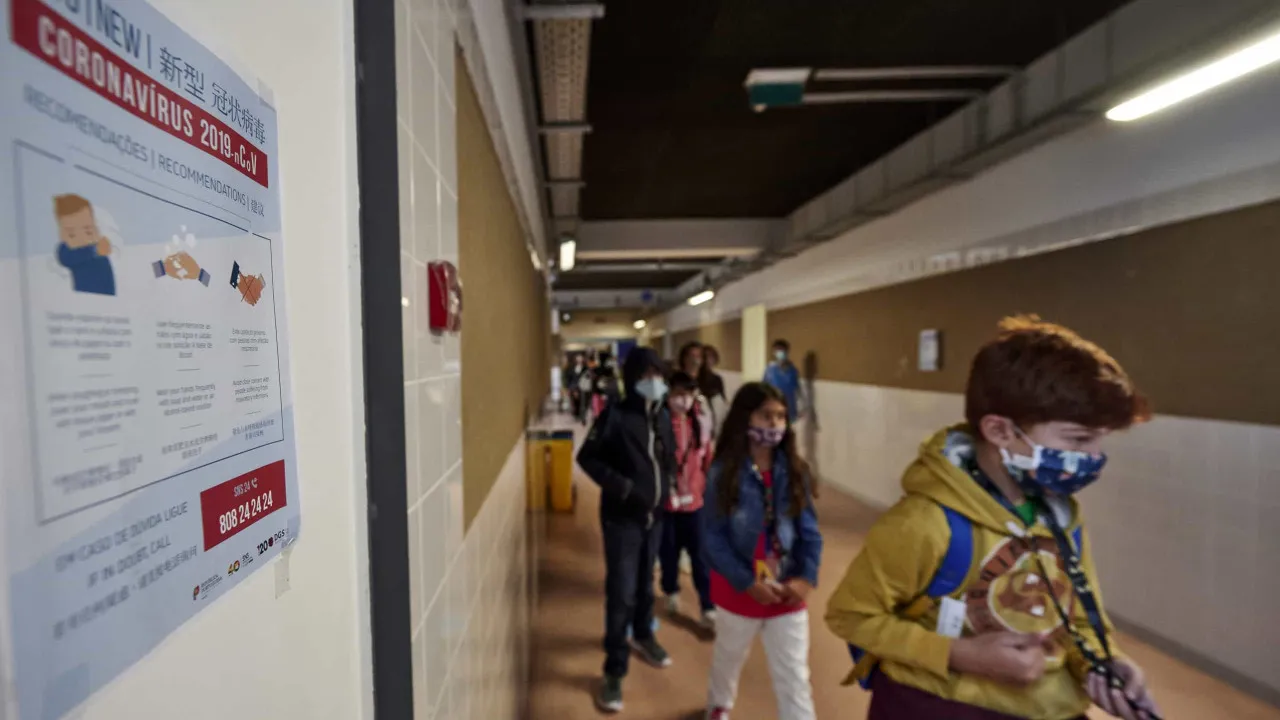
The portrait is outlined in the results released today from the national survey conducted by the National Education Federation (FNE) and the Association for Training and Research in Education and Work (AFIET).
Conducted between July 13 and 27, the survey included 4,638 teachers, from preschool to secondary education, and there are nearly unanimous opinions beginning with a fondness for the profession.
According to the results, 94.4% enjoy being teachers while nearly eight out of ten express a sense of fulfillment in their professional roles.
These positive sentiments, however, do not reflect their views on working conditions, with complaints mirrored in previous years’ findings by FNE.
More than 90% of participants feel they work hard for what they earn and believe that salaries do not match the qualifications and skills required.
Furthermore, over 70% feel that the profession lacks global recognition, their career isn’t attractive, and they are constantly evaluated and judged.
Thus, despite enjoying their work, the majority of teachers (73.2%) would not encourage young people to pursue a teaching career.
This percentage is slightly lower than the response from last year’s survey (10.9 percentage points less).
In a kind of review of the last school year, the ranking of greatest challenges faced by teachers is led by administrative tasks, followed by the need to address the diverse specific needs of each student, balancing work and personal life, and classroom indiscipline.
More than half (55.7%) lacked resources and support for working with students, and 44.8% spent more time than the previous year on bureaucratic tasks, which most consider unnecessary or useless.
When asked about investment priorities in their schools, support for students with specific needs was the most common response (19.2%), followed by a reinforcement of educational support staff (18.8%) and teaching staff (16.7%).
Around 11% also mentioned the need for more material resources and specialized technicians, and 8% highlighted the need for improved classroom climate control.
The survey addressed other issues, such as discipline in schools, which half of the respondents believe worsened compared to the previous year.
In this area, teachers are mainly concerned about students’ inability to follow rules, but also about classroom conversations, not completing assignments, distractions with mobile phones, student-on-student violence, irregular attendance, and verbal abuse.
Only a quarter of teachers did not experience difficulties managing classroom discipline.
The key challenges cited include a lack of parental support, feeling stressed due to constant disciplinary management, administrative limitations arising from student statutes, and a lack of support from the administration.




